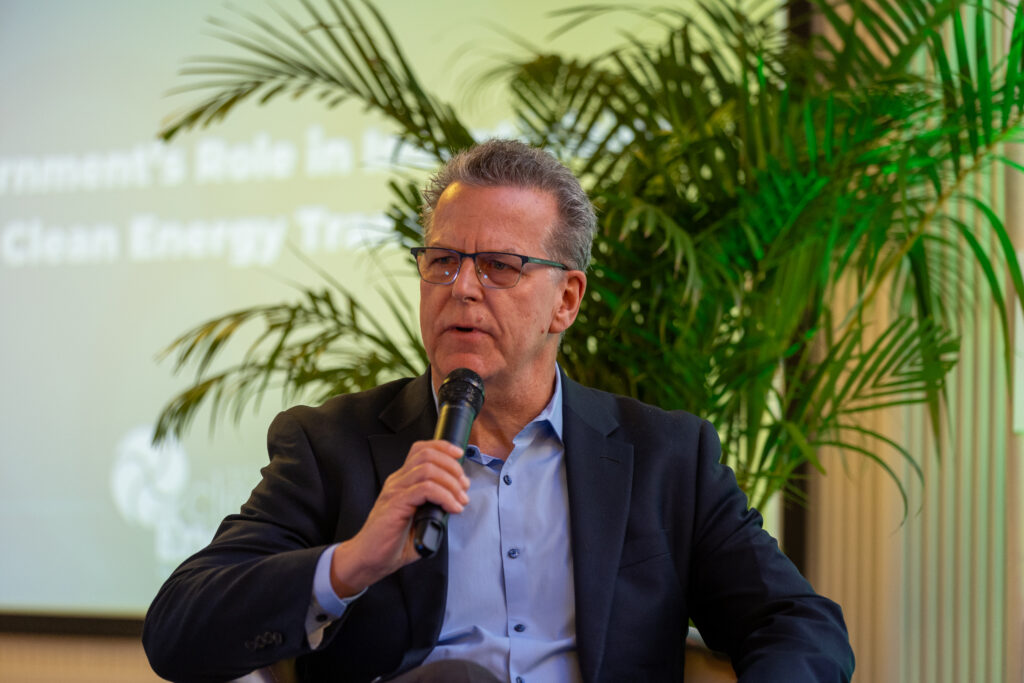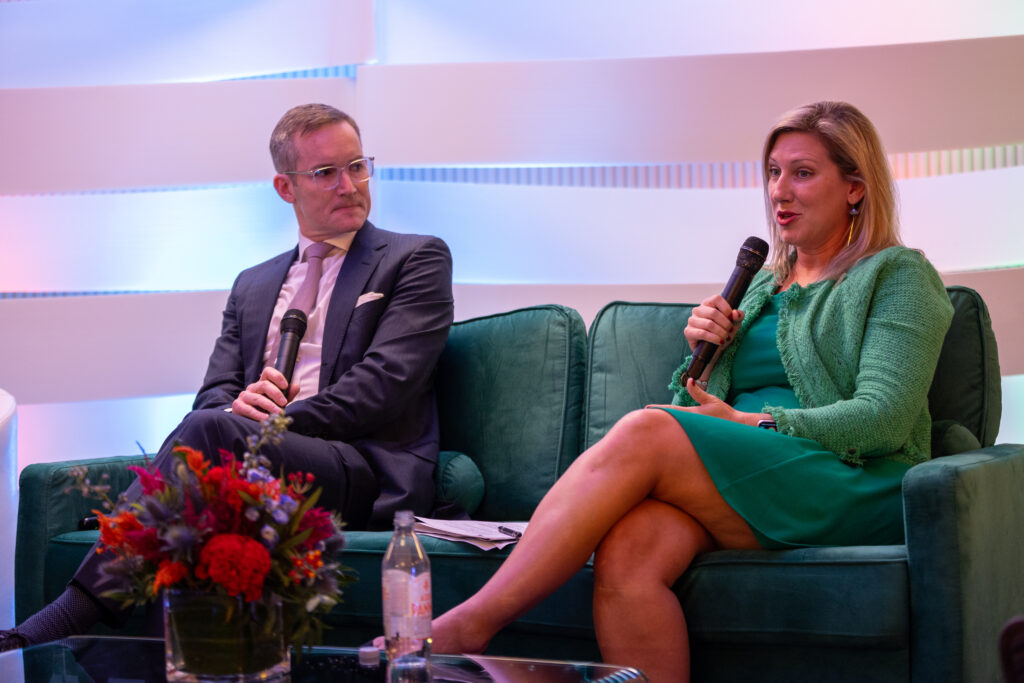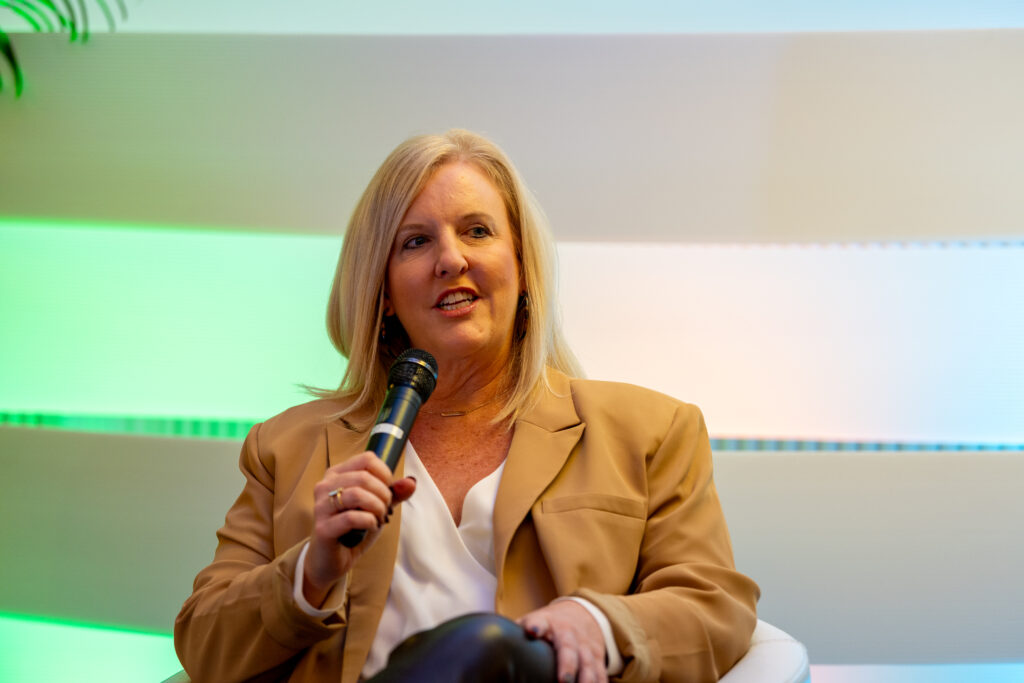In the ever-evolving world of renewable energy, the Inflation Reduction Act (IRA) emerged as a piece of legislation aimed at accelerating the adoption of clean energy practices have become a point of contention among political parties. During the 2023 National Clean Energy Week Policymakers Symposium, industry experts delved into the IRA and how it relates to the deployment of clean energy projects.
The panel featured experts Abigail Ross Hopper from SEIA, Dan Eggers from Constellation, Jeannie Salo from Schneider Electric, Andrew Wills from Invenergy and Tom Starrs from EDP Renewables. Each panelist shared their unique perspective and insight on the significance of tax incentives and their impact on the clean energy transition.
“Bringing [manufacturing] home makes a lot more sense but bringing it home does not happen just because we wish it were so. If that were the case, we would have done it a long time ago,” Hopper said.
Key Takeaways:
- Some of the IRA’s tax incentives can accelerate the deployment of clean energy projects by making them more attractive to investors and developers. This type of incentive allows more renewable energy to enter the market, which will help the United States continually lower emissions.
- By enhancing competition within the clean energy industry, some of the tax credits will provide new employment opportunities and create American jobs, resulting in economic growth across the United States.
- Despite the political divide, there is a consensus on the importance of clean energy projects and the role the government can play in facilitating their deployment.




The panelists agreed finding common ground will allow everyone to find solutions. As Wills said, “We all want the benefits of clean energy, and we all want clean power. One way or another, we all want it.”
Watch the full discussion here. To see other panels from National Clean Energy Week, like and subscribe on YouTube.
CRES Forum is the lead convener and a proud sponsor of National Clean Energy Week.